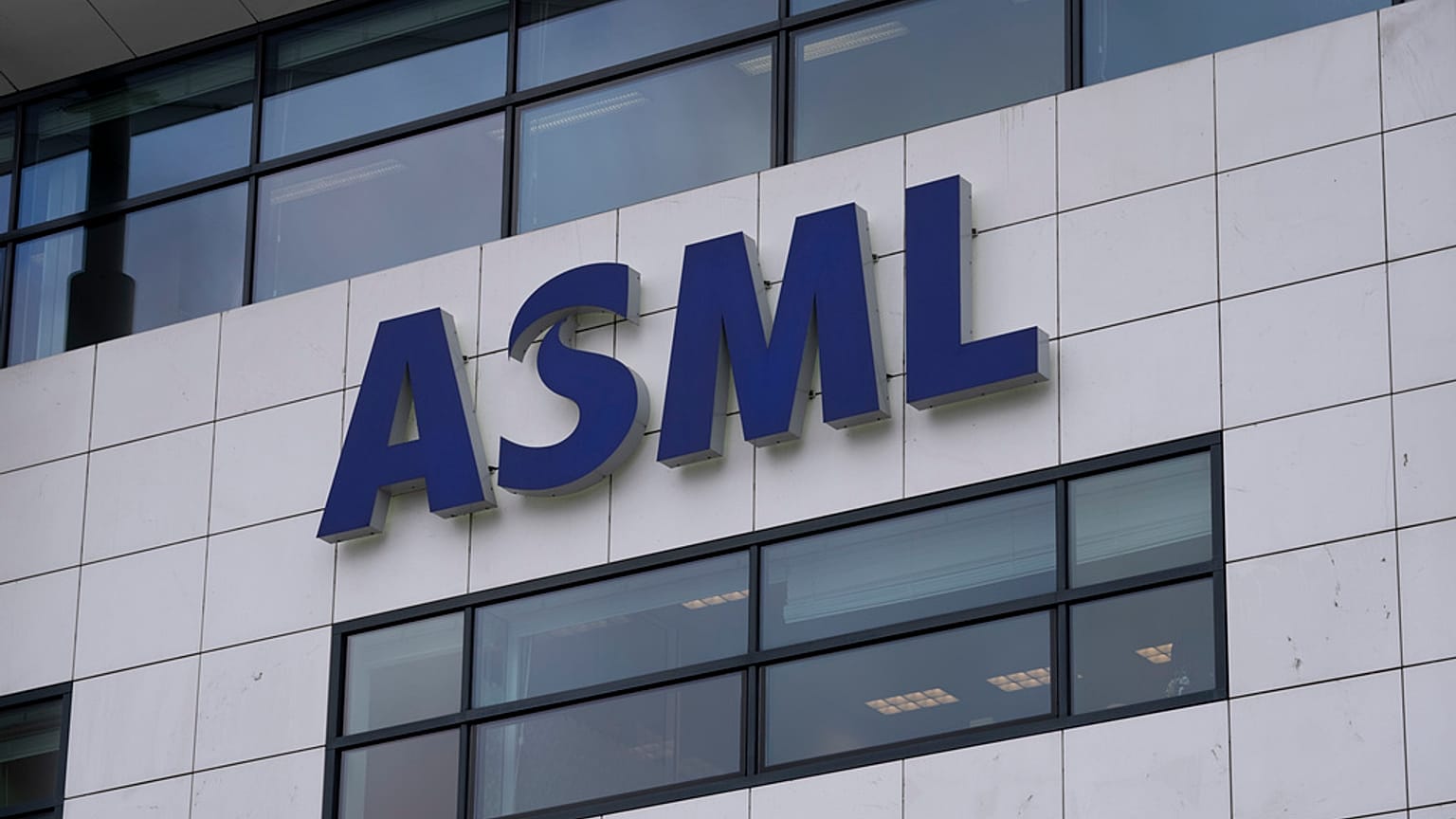The Netherlands is increasingly tightening its anti-migrant position. That could push out its largest company, ASML, because of its high dependence on foreign talent.
The Dutch government is pulling out all the stops to entice semiconductor maker ASML to remain in the country, following the company being openly disgruntled about The Netherlands' anti-migrant position.
 ADVERTISEMENT
ADVERTISEMENT
 ADVERTISEMENT
ADVERTISEMENT
It has now embarked on a cross-ministry effort, named 'Operation Beethoven', to convince the company to continue its investments and operations in the country.
ASML is the country's biggest company, as well as being one of Europe's largest. However, it also relies heavily on foreign employees, with about 40% of its 23,000 strong Netherlands' labour force being of a different nationality.
As such, the company has been warning against the dangers of a tighter anti-migration policy on its operations for months. However, the Dutch government has still moved to tighten migration laws, which could mean that ASML faces more difficulties hiring appropriately skilled talent in the country.
ASML CEO Peter Wennick, as reported by The Guardian, said: "Ultimately, we can only grow this company if there are enough qualified people. We prefer to do that here, but if we cannot get those people here, we will get those people in Eastern Europe or in Asia or in the United States."
Regarding the stricter migration laws, Wennick said: "Be careful, because you will soon get exactly what you ask for. The consequences of limiting labour migration are large - we need those people to innovate. If we can’t get those people here, we will go somewhere where we can grow."
The company mostly imports its parts from different countries, but builds its machines in the south of the country, in Veldhoven. Currently, the company is reported to be considering France as an alternate location to The Netherlands.
Dutch anti-migrant laws could hit tax breaks and students
Amongst other regulations, Dutch anti-migration laws are expected to slash tax breaks for highly skilled foreign talent, as well as put a restriction on the number of foreign students attending the country's universities.
More moves on curbing immigration could be seen in the coming months, especially if The Netherlands anti-Islam Party for Freedom (PVV), the largest one currently in parliament, manages to garner enough support.
Geert Wilders, the head of this party has been very vocal about bringing in policies such as no Islamic headscarves in government buildings, as well as bans on the Qur'an and mosques. He has also highlighted how better healthcare, housing and more disposable income for Dutch people will be at the forefront of his policies.
ASML may have outgrown Netherlands
Although the migrancy issue seems to be a major one for ASML, the Dutch government maintains that the company also wants to move out of The Netherlands in order to be able to grow more.
This rapid growth could potentially put an unprecedented amount of pressure on the country's facilities, which may not have the capacity to scale up at the same rate.
Dutch Economic Affairs Minister Micky Adriaansens said, as reported by Reuters: "I don’t know if they would leave. They want to grow. And they want to grow at such an amount, it puts a pressure on our infrastructure.
"That's why we're talking to them very intensively. Because we want to understand, is it something we can solve?"
ASML has also been seeing increased growth due to the soaring demand for semiconductors globally recently. This has also led to the US and EU attempting to advance their own domestic semiconductor production, so as to reduce dependence on China, which is currently the semiconductor leader.

















